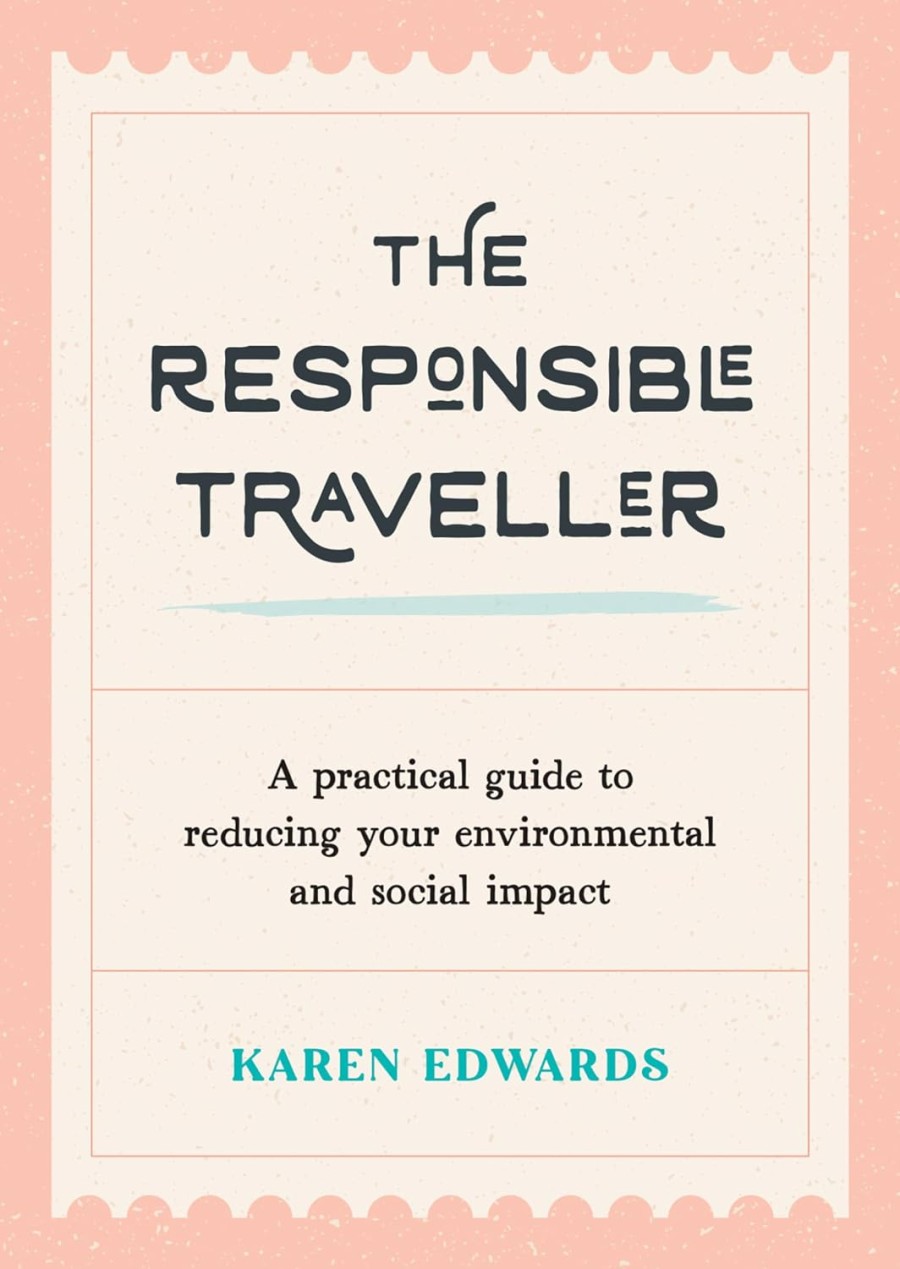
If you can’t afford pet insurance (Waggel is a new simpler company co-founded by an ex-Apprentice contestant to avoid the minefields), then you may qualify for free or low-cost vet care. If you buy pet insurance, try to go for a simple lifetime plan that covers long-term conditions. If your pets don’t qualify due to age or breed or previous conditions, then save money in a rainy day fund instead. Carefree Credit offers 0% interest loans, if you need expensive vet care and don’t qualify for benefits. Read 10 warning signs your pet needs to see a vet.
Know that if you adopt or foster pets from animal shelters, some do cover veterinary costs, especially for older pets and those with ongoing medical conditions. The following charities may also offer free or low-cost vet care to people unable to afford vet bills:
- RSPCA
- PDSA
- Blue Cross
- Dog’s Trust
- Cats Protection
- Find free vet care for homeless people with dogs
- Humane Society International lists help worldwide
No doubt the best solution is preventive care. So learn of toxic foods and plants to avoid (even tails brushing against lilies or sago palm can harm), and buy this book to keep your dog safe (which covers everything from preventing heatstroke to collar safety). Not a replacement for vet care, but it should prevent many incidents and also has a simple illustrated first aid guide (the book is also funny and full of cute illustrations, to help a scary subject easier to learn).
Blue Cross campaigns against irresponsible breeding of brachycephalic pets (English/French bulldogs, pugs, Boston terriers, Cavalier King Charles spaniels, shih tzus, boxers and Persian cats) that find it difficult to breathe and are more at risk from heatstroke.
affordable vet advice by phone
Pet GP is not a substitute for in-person veterinary care, but it offers a good service where you can access at-home vets and vet nurses to talk (phone, video or live chat) if you’re concerned and need good advice immediately, if you can’t visit a vet (say at weekends or at night). Two out of three calls don’t require a vet visit, and this can save time, stress and unnecessary funds.
Each member of their clinical team is registered with the Royal College of Veterinary Surgeons (RCVS) and has at least 3 years post-qualification experience in UK veterinary practice. Many have advanced qualifications and knowledge, and many have also worked in specialist hospitals and dedicated emergency/critical care clinics. You can use the service to ask immediate questions about incidents, symptoms or medication, or even to ask for a second opinion. Membership is less than £10 a month (or £20 per one-off call).
For a small fee, Animal Poison Helpline runs a 24-hour helpline for pets that may have come into contact with toxic (anything) to see if it merits a vet visit. Vets use this (plus membership VPIS Global).
help provide free vet care worldwide
Worldwide Veterinary Service is a wonderful organisation that sends volunteer vets to remote and poor areas, to offer vet care to all creatures from dogs to donkeys that need it. WE Care Worldwide (Sri Lanka) helps street dogs (more like wild dogs) with vaccinations, vet treatment and community education – buy cotton t-shirts to support them.
mental health support for vets & vet nurses
Vetlife is a charity that offers free and confidential help to anyone working within the veterinary industry. It’s easy to forget that vets suffer mental health crises frequently. They not only have to put many animals to sleep (and often see horrendous cases if animals have been attacked or abused) but sometimes pet guardians can become aggressive, if blaming them for when things go wrong (a misdiagnosis etc).
A report found that around 70% of vets have lost a colleague to suicide, with the rate now four times the national average. Plus many kind vets who work for others, get upset when pet guardians are turned away due to lack of funds.
The Dog Care Handbook (2024) is an up-to-date manual by a recently retired vet that includes information on prevention of disease and caring for older dogs, and includes emergency advice. The book is presented in order from puppyhood to old age and includes information on the skin, heart, joints, kidneys and home nursing, with case studies throughout and illustrations for administering medication and first aid.






